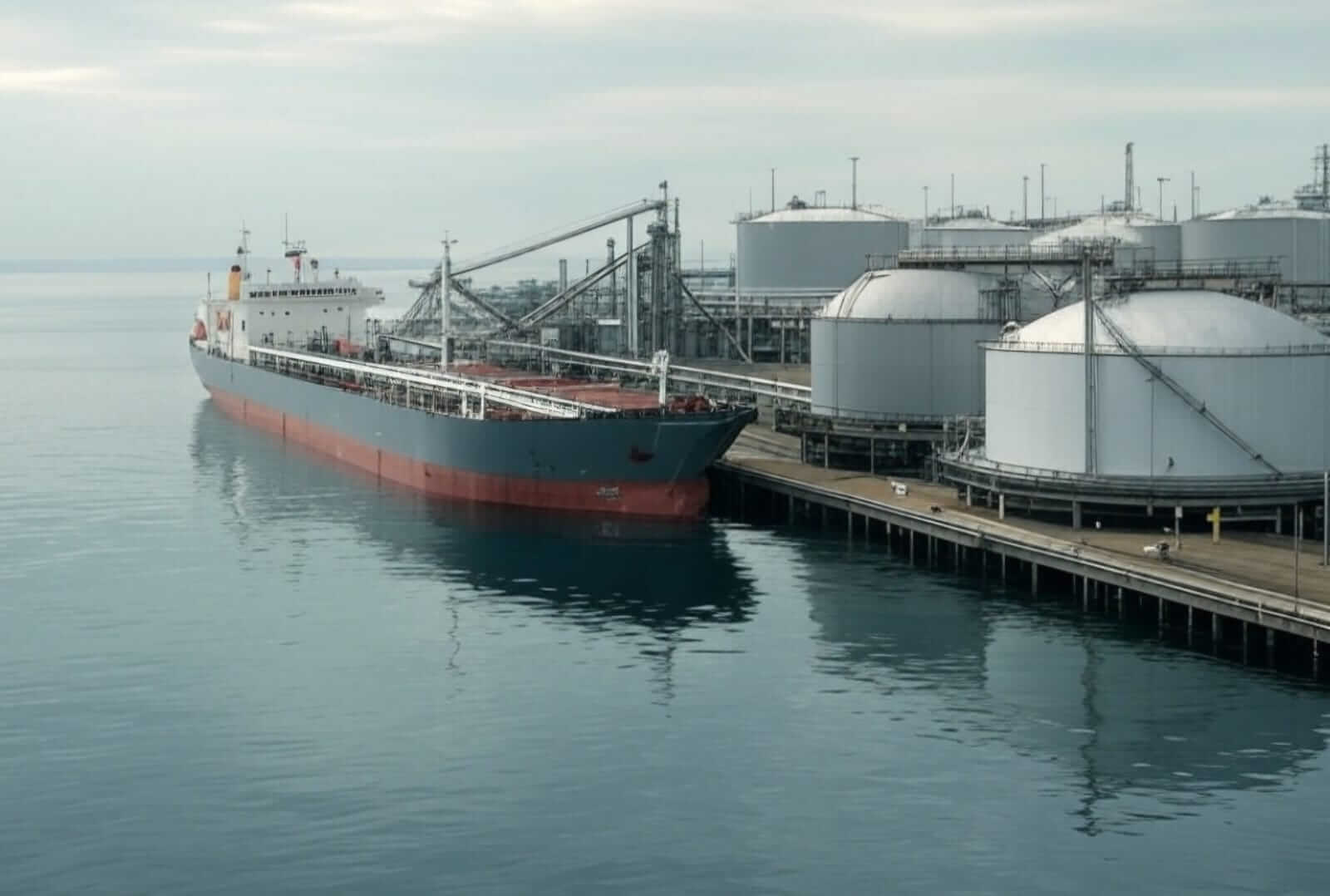Fuel oil is a fraction obtained from, commonly, crude oil, which may be a distillate, for example gas oil, or the heavy residual oil that remains after refining. Typically the fuel oil used by large ocean-going ships is a blend of residuals, colloquially known as ‘bunkers’, whose combustion in an engine or boiler generates pollutants including Sulphur Dioxide or SOX1, the volume of SOX emitted determined by the volume of sulphur in the fuel oil. In 2016, the International Maritime Organization (IMO) amended the International Convention for the Prevention of Pollution from Ships (MARPOL) to globally-limit the volume of sulphur in the fuel oil used by ships to 0.50% m/m (mass by mass). This requirement that ships use only low sulphur fuel oil (LSFO) comes into force globally on 1 January 20203. However, ships may continue to use high sulphur fuel oil (HSFO) if an alternative approach to minimizing SOX emissions is in use, for example the ship is fitted with an exhaust cleaning system compliant to IMO standards.
Fuel oil is a petroleum product derived from the distillation of crude oil. It is primarily used as a fuel source for heating, power generation, and marine propulsion.
Fuel oil is a petroleum product derived from the distillation of crude oil. It is primarily used as a fuel source for heating, power generation, and marine propulsion.






